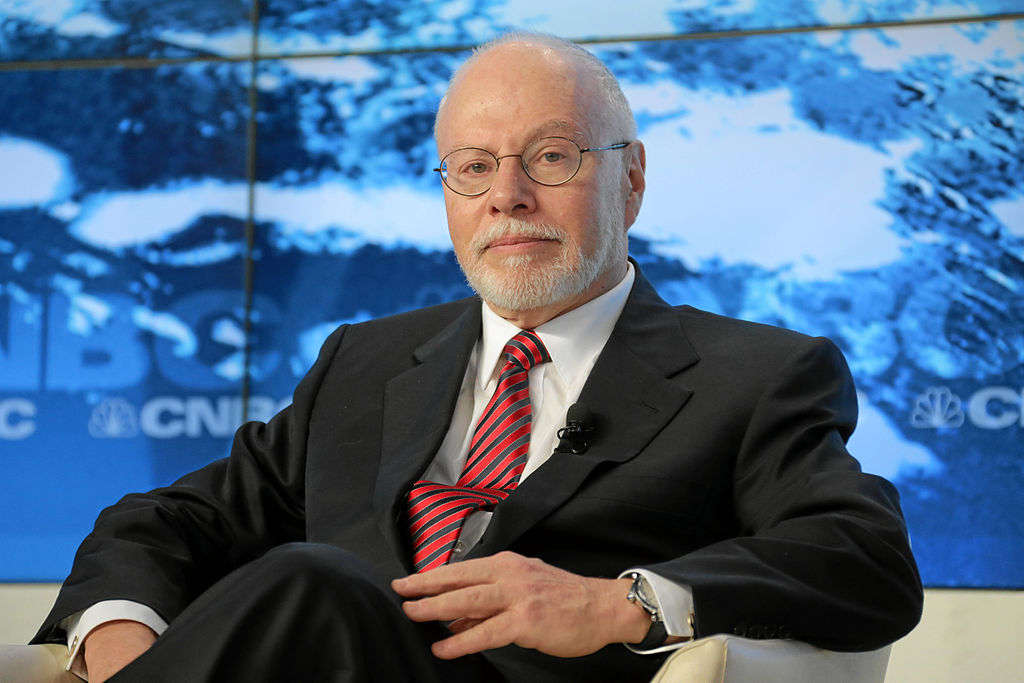 The Ontario Teachers’ Pension Plan is no stranger to direct investing – the pension fund has an entire arm devoted to it, called Teachers’ Private Capital (TCP).
The Ontario Teachers’ Pension Plan is no stranger to direct investing – the pension fund has an entire arm devoted to it, called Teachers’ Private Capital (TCP).
It was revealed Monday morning that TCP, along with a private equity firm, have agreed on terms to buy computer-networking company Riverbed Technology Inc.
Reported by Bloomberg:
Riverbed Technology Inc. (RVBD), under pressure from activist investor Elliott Management Corp., agreed to be acquired for about $3.6 billion by private-equity firm Thoma Bravo and pension investment group Teacher’s Private Capital.
Riverbed stockholders will receive $21 a share in cash, Riverbed said in a statement today. The agreement represents a 12 percent premium over Riverbed’s Dec. 12 closing price. The computer-networking company said in October it hired advisers to review strategic alternatives.
Elliott acquired a 10 percent stake in Riverbed last year and pushed the company to examine the business, saying it was “significantly undervalued.” It made an unsolicited bid in January and raised the offer to $21 a share the following month. Since then Elliott has been in a tug of war with Chief Executive Officer Jerry Kennelly about selling his company.
“We’re delighted with this outcome that gives shareholders immediate, premium value,” Jesse Cohn, Elliott’s activist portfolio manager, said in a statement today.
Riverbed jumped 9.4 percent to $20.50 at 9:31 a.m. New York time. The shares had gained 5 percent since Jan. 7, the last trading day before Elliott made its first bid, through yesterday.
Kennelly will remain with Riverbed in the same position, the company said today.
Earlier this year, Thoma Bravo was one of several buyout firms including Silver Lake Management LLC and KKR & Co. that informally expressed interest in San Francisco-based Riverbed with offers approaching $25 a share, said people with knowledge of the process at the time.
Photo by 401kcalculator.org
